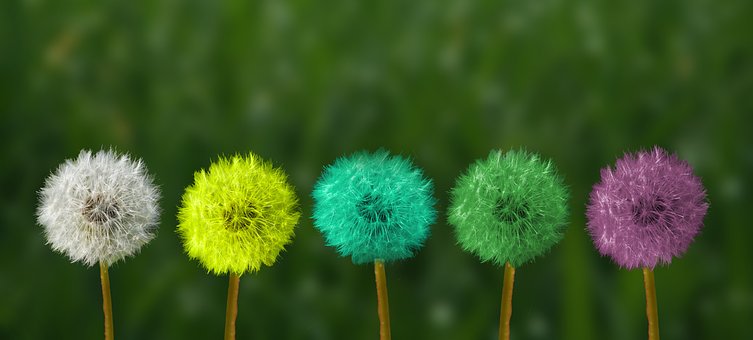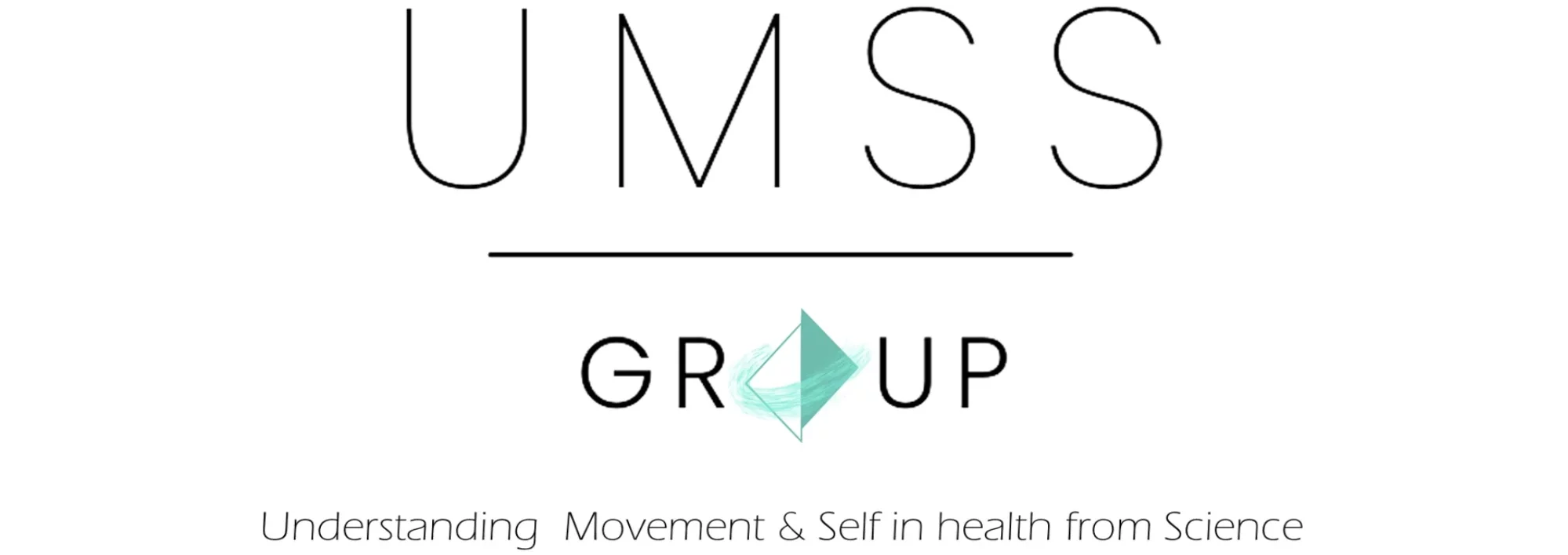
It seems clear that the rhythms set by modern societies are driving us further away from the possibilities of practicing silence and introspection. Often, we don’t even have a minimal amount of time for internal dialogue, reflection on our life objectives, or reminding ourselves who we are at heart. Other times, we can flee from these thoughts out of fear or discomfort and opt to be carried away by a world that never stops. This has resulted in what is likely the most stressed, anxious, and depressed society of all time. The existence of high expectations, competitiveness, frustrations, standards to follow, and the undisputed supremacy of the material world is leading many people to feel mentally exhausted. This is evidenced by the fact that, according to the latest study by the Spanish Pharmaceutical Business Federation, two anxiolytics are among the top ten drugs sold in our country.
In recent years, we are witnessing a growing interest in so-called body-mind exercises such as yoga, tai-chi or chi kung. All these practices are characterized by combining physical movement with mental attention, with the control of breathing being an important part as well. These are ancient practices that help us connect with the present moment and our inner selves. Some may categorize them as trends that will come and go, but the reality is that there is a body of scientific research behind them that cannot be ignored.
In a recent research, published in the official magazine of the American College of Sports Medicine, suggests the possibility that the continuous practice of yoga generates brain changes related to better stress management. There is also evidence that this practice can have a regulatory effect on the neuro-endocrine systems related to the stress responses, favoring a decrease in cortisol hormone, blood pressure and even cholesterol and glucose levels in the blood. It has also been shown that those women who practice yoga during pregnancy enjoy better mental health during this stage, reducing stress, anxiety and depressive symptoms. This same effect has also been demonstrated in children and adolescents. For its part, Tai Chi has been associated with beneficial effects in the management of anxious and depressive symptoms in people diagnosed with cancer, who have suffered a stroke or hypertension. Finally, chi kung or qigong, perhaps one of the least known body-mind exercises in our country, can help reduce stress and anxiety in healthy populations, as well as in anxiety-depressive disorders.
At UMSS we encourage you to get moving, take care of your mental health, and believe in yourself.
“We are what we repeatedly do” (Aristotle).
Mª Jesús Casuso-Holgado
Full Profesor, Physiotherapy Department
University of Seville

